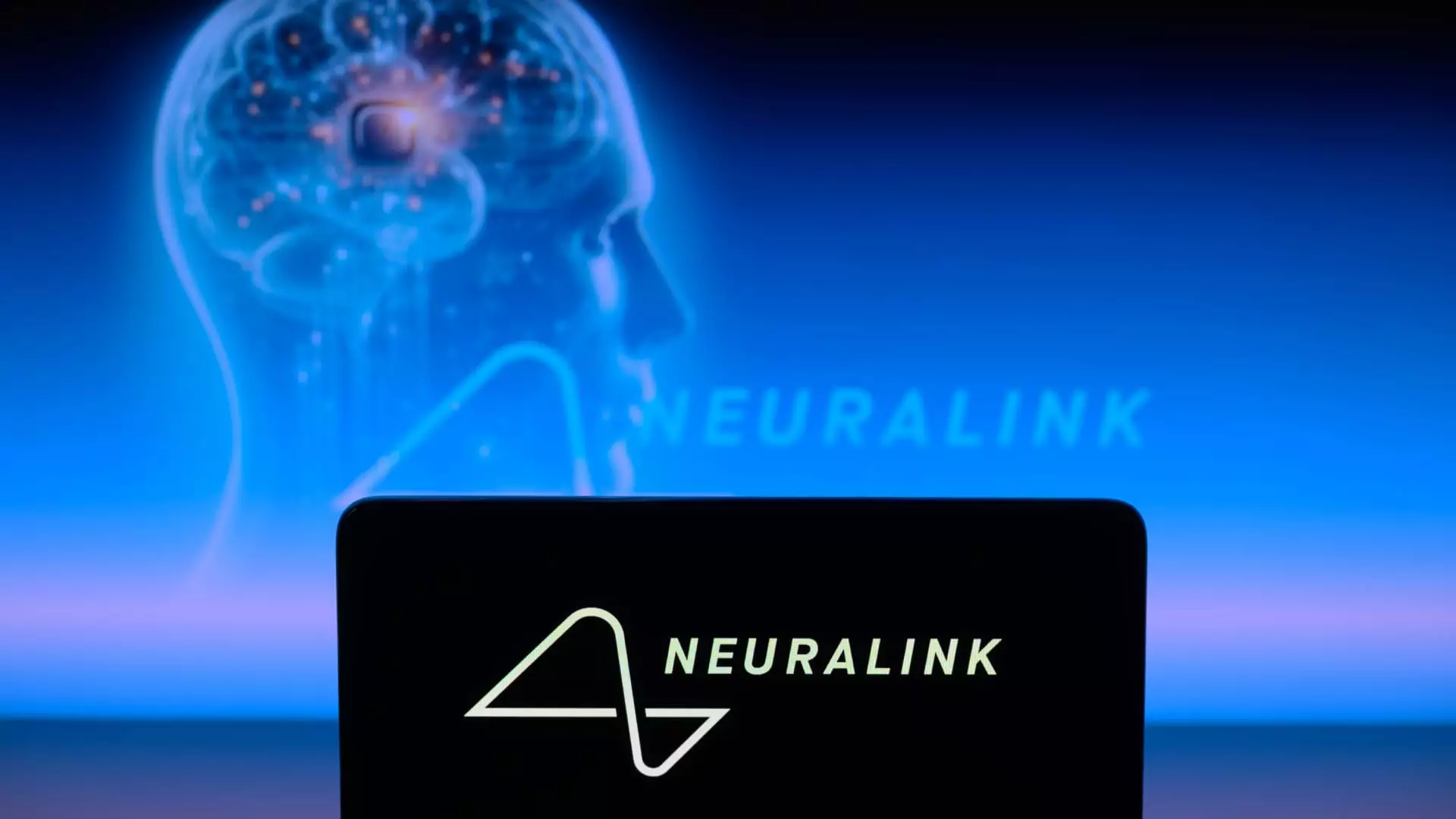Elon Musk’s startup, Neuralink, recently showcased a live video demonstrating the capabilities of their brain implant technology. The video featured a patient named Noland Arbaugh, who used Neuralink’s device to control a computer and play chess through neural signals. This breakthrough represents a significant advancement in the field of brain-computer interfaces (BCI) and has the potential to revolutionize the way patients with severe paralysis interact with external technologies.
While Neuralink’s achievement is undeniably impressive, it is essential to approach this innovation with a critical eye. Similar to other companies like Paradromics, Synchron, Blackrock Neurotech, and Precision Neuroscience, Neuralink aims to decode brain signals to enable patients with degenerative diseases like ALS to communicate and interact with the world using only their thoughts. However, the road to widespread adoption of BCI technology is fraught with challenges and uncertainties.
Dr. Nader Pouratian, an expert in BCI technology, emphasizes the importance of transparency in the field. While companies like Neuralink generate excitement with their groundbreaking demonstrations, the practical implementation of BCI systems involves numerous complexities. Interpreting and analyzing brain signals to make them useful for patients requires rigorous research and testing. Without open communication and collaboration within the industry, progress in BCI technology may be hindered by a lack of shared knowledge and insights.
Neuralink’s first in-human clinical trial, approved by the U.S. Food and Drug Administration, marks a significant milestone in the company’s journey towards regulatory approval. However, the details of the trial, including the number of participants and its specific goals, remain undisclosed. Transparency in reporting the outcomes of clinical trials is crucial for building trust with the scientific community and the public. Without comprehensive data and peer-reviewed publications, the true efficacy and safety of Neuralink’s technology cannot be fully assessed.
Dr. Marco Baptista, a leading expert in paralysis research, emphasizes the need for rigorous scientific evaluation of emerging BCI technologies like Neuralink. While the potential impact of BCI technology on patients is promising, scientific validation through peer-reviewed publications is essential to verify the claims made by companies in the field. Without robust scientific evidence, the true capabilities and limitations of Neuralink’s system remain uncertain.
While the recent developments by Neuralink represent significant progress in the field of brain-computer interfaces, a critical examination of the technology and its implications is necessary. Transparency, scientific scrutiny, and collaborative research efforts are essential to ensure that BCI technology fulfills its potential to improve the lives of patients with severe neurological conditions. As the future of Neuralink unfolds, it is important to maintain a balanced perspective on the promises and challenges of this groundbreaking innovation.


Leave a Reply